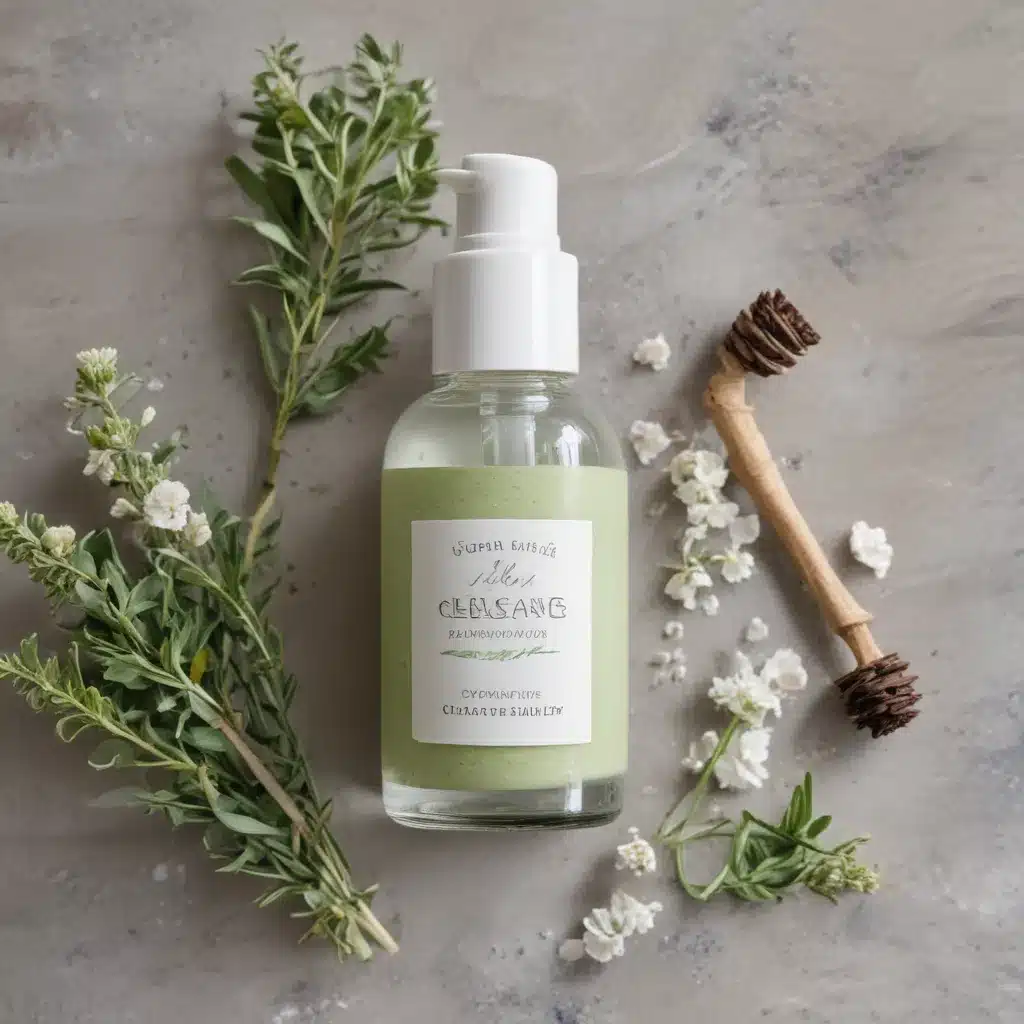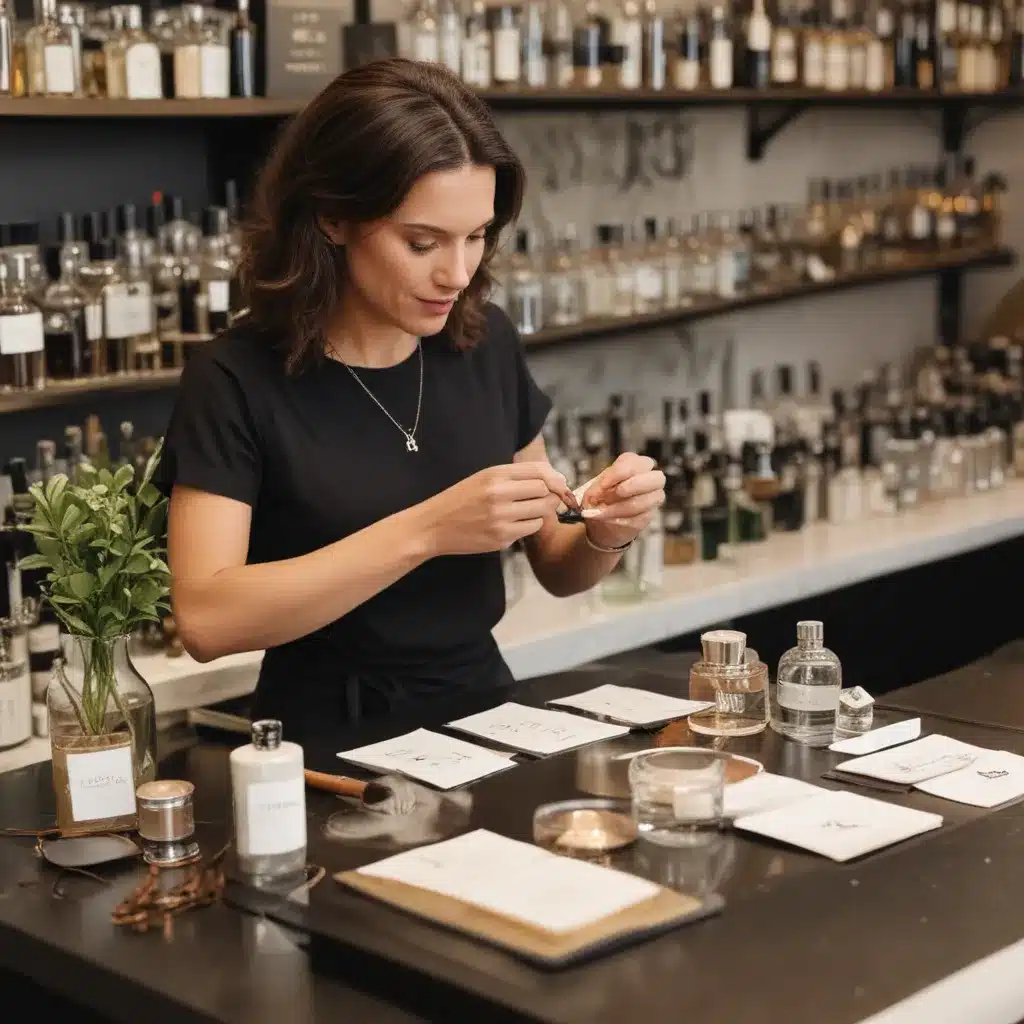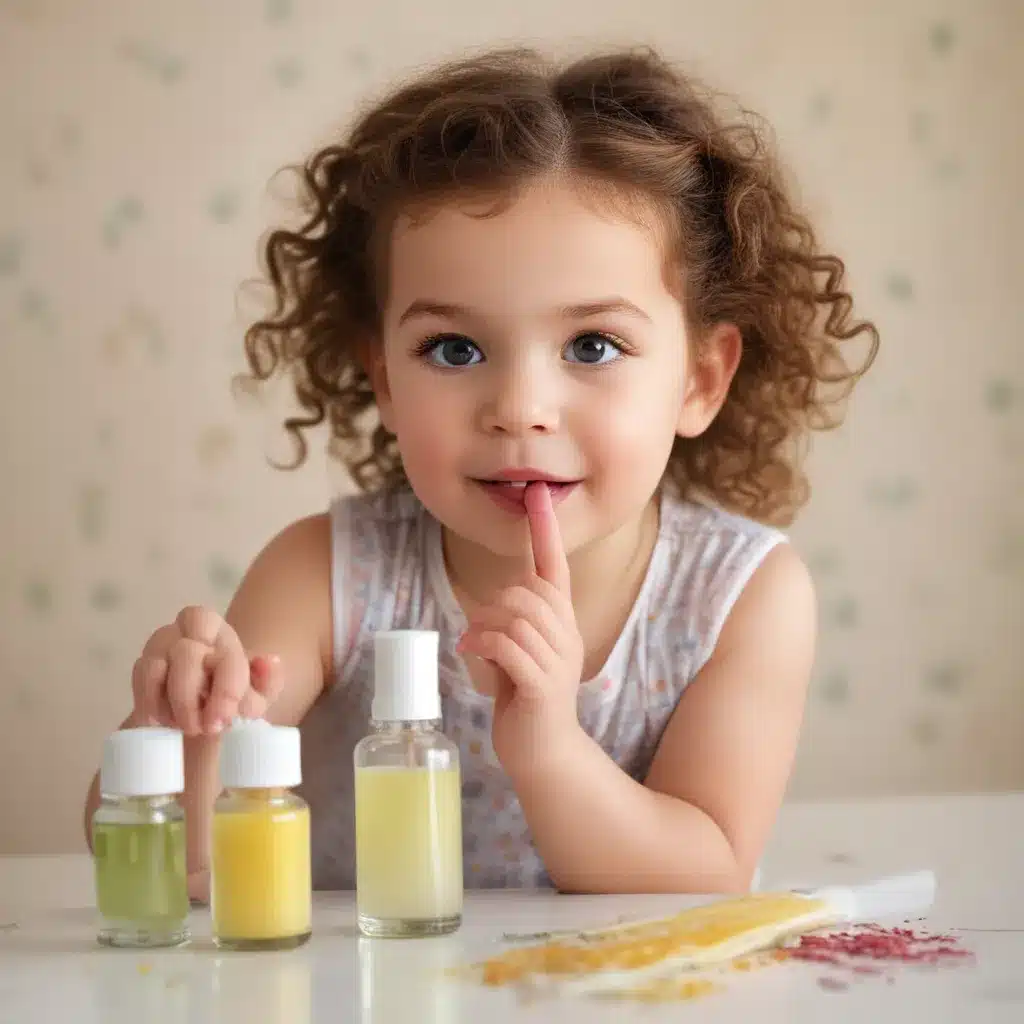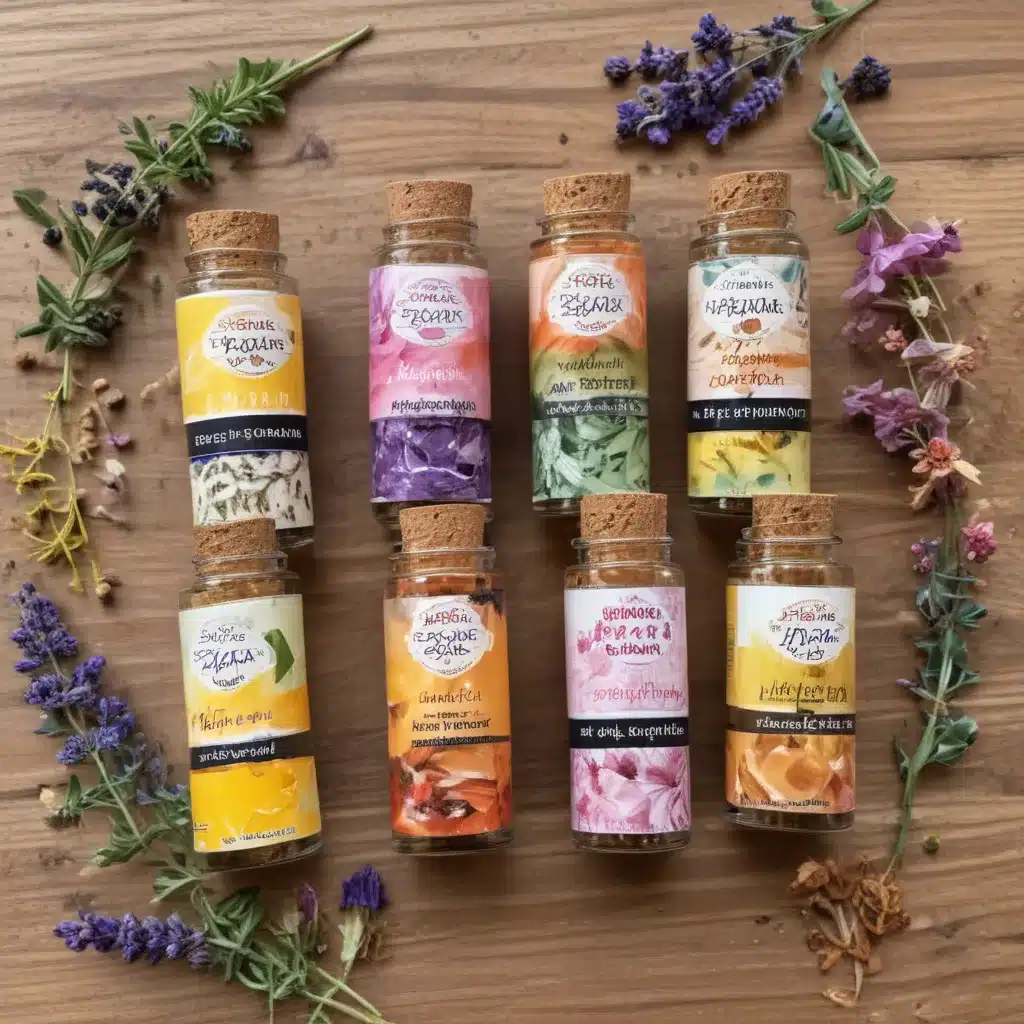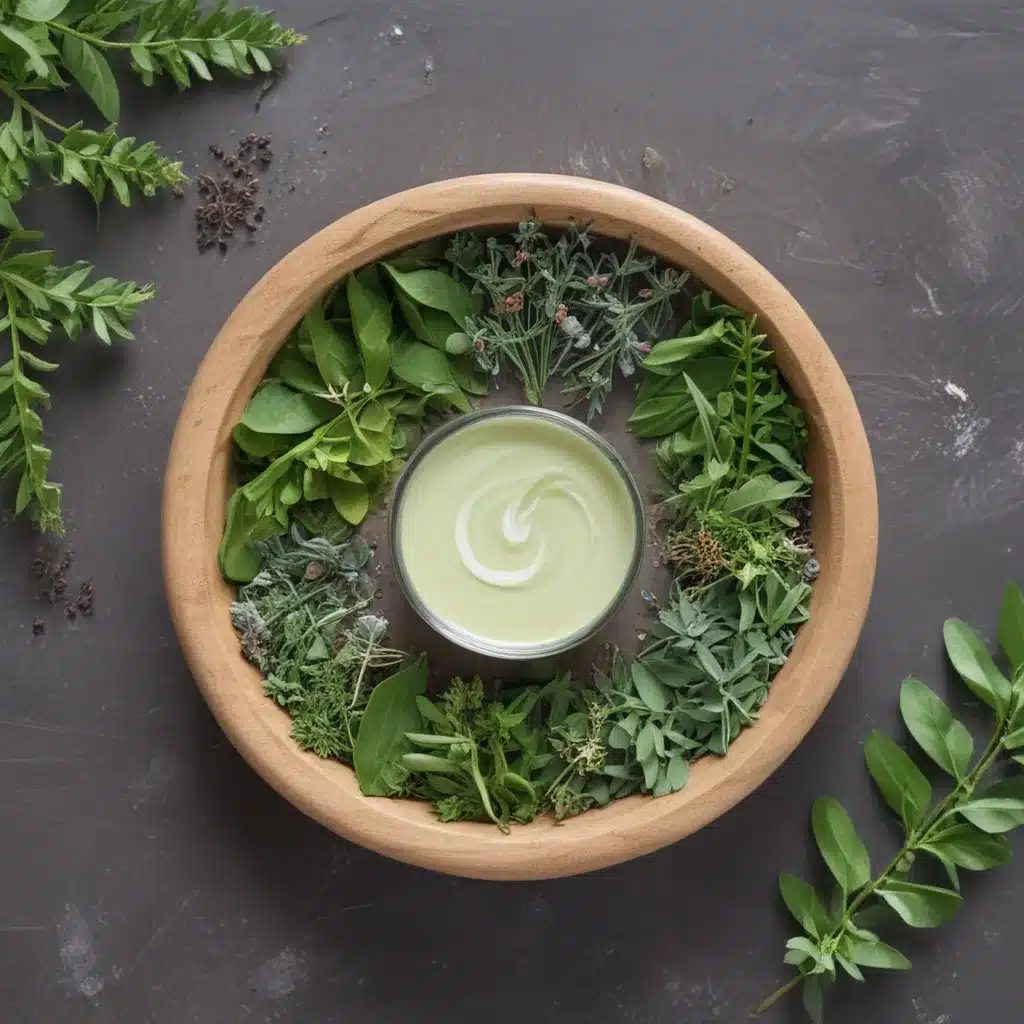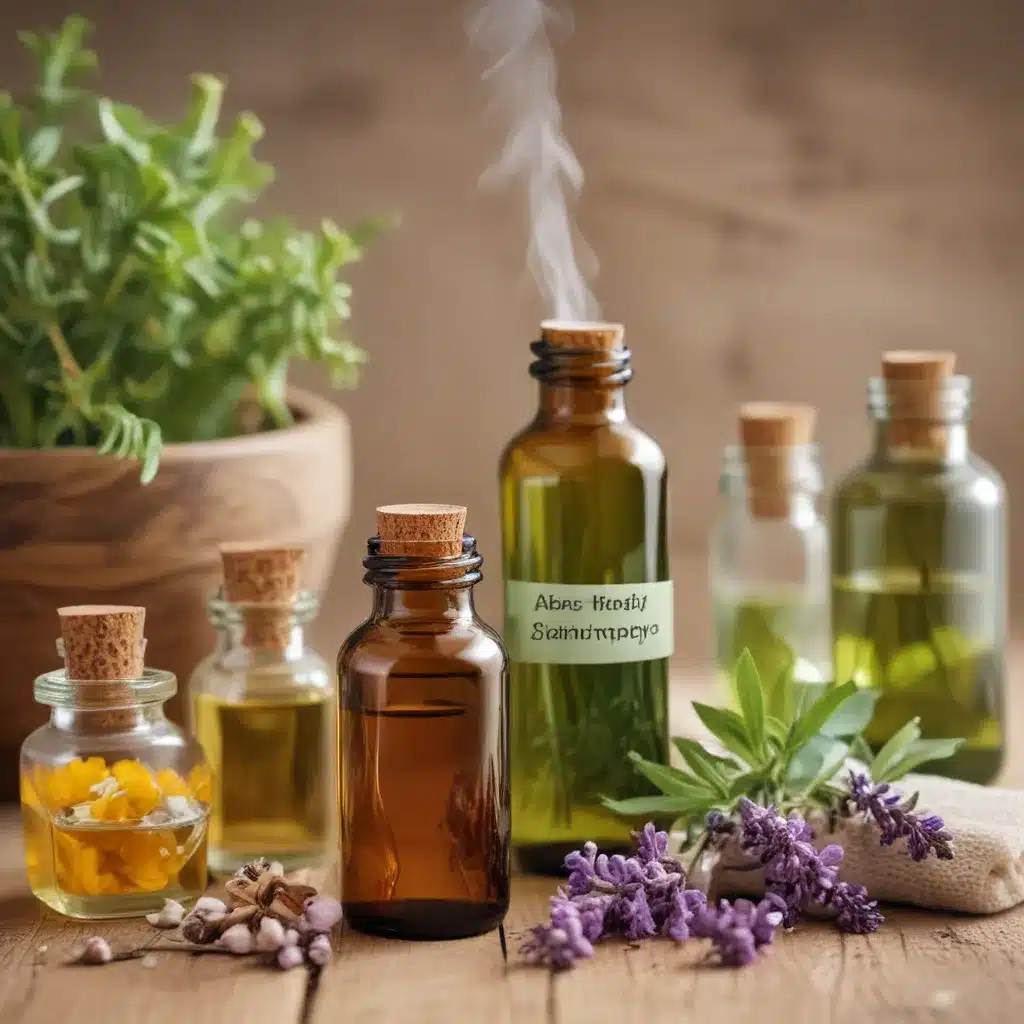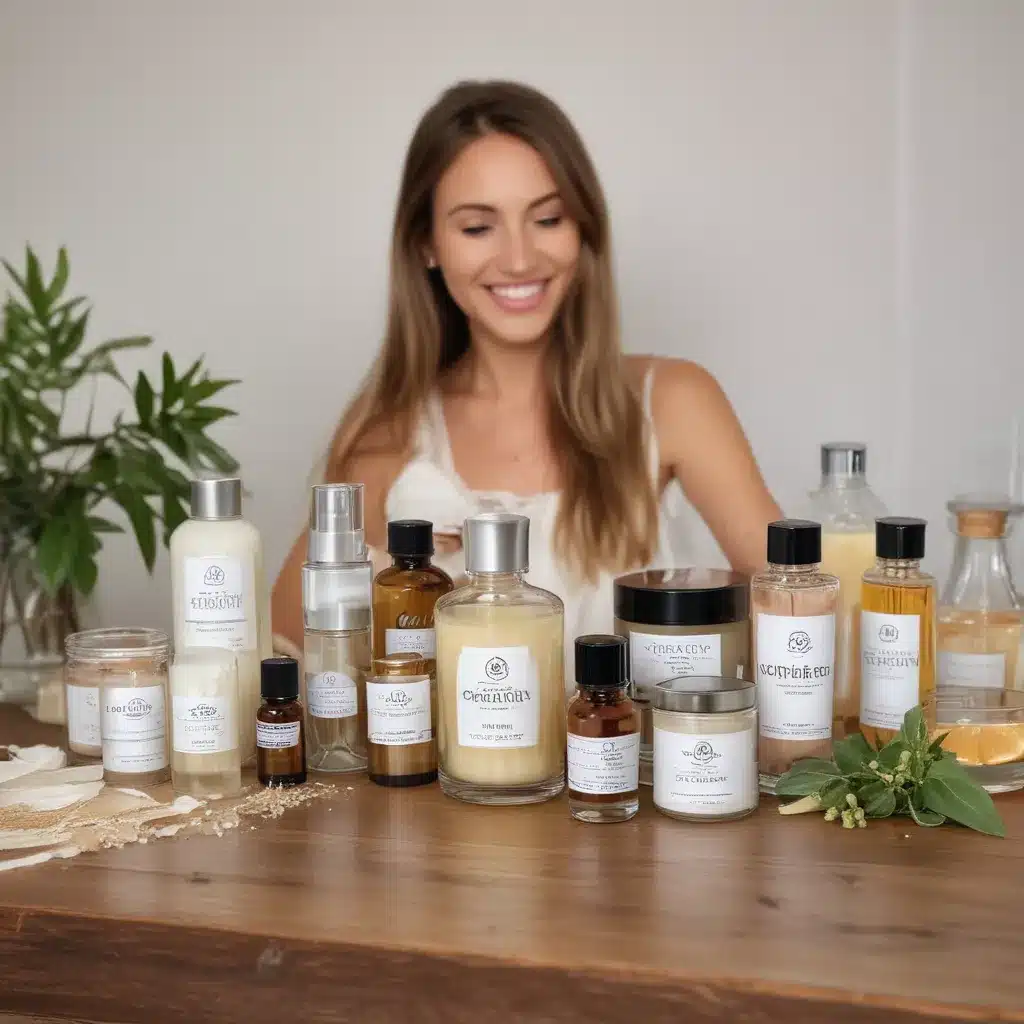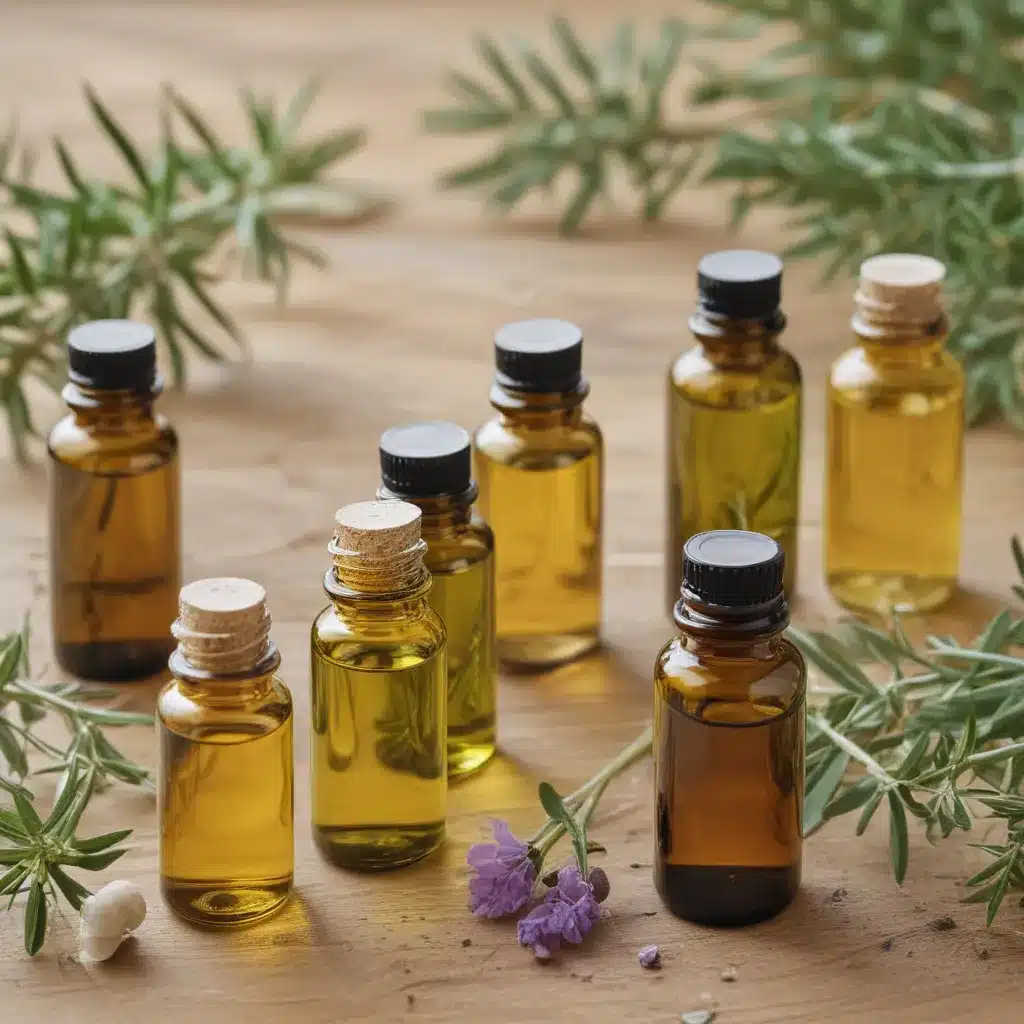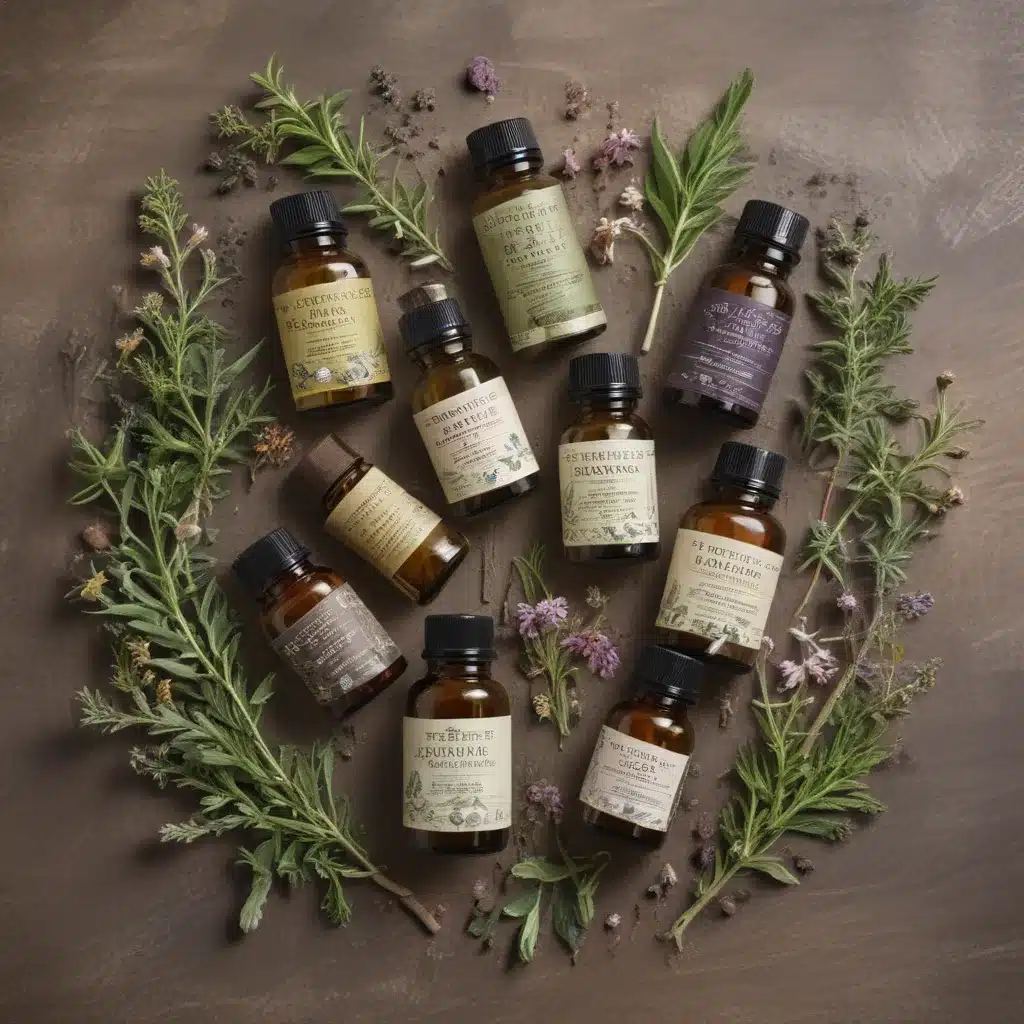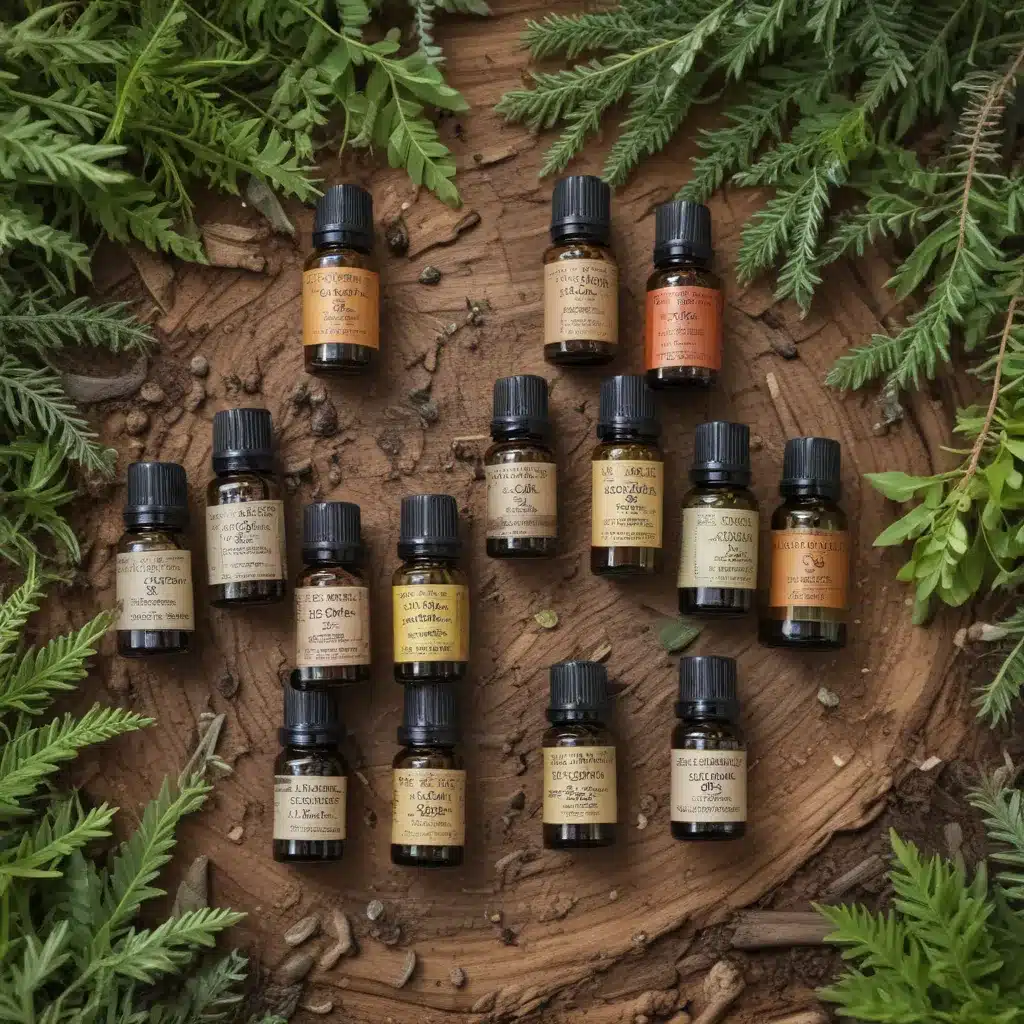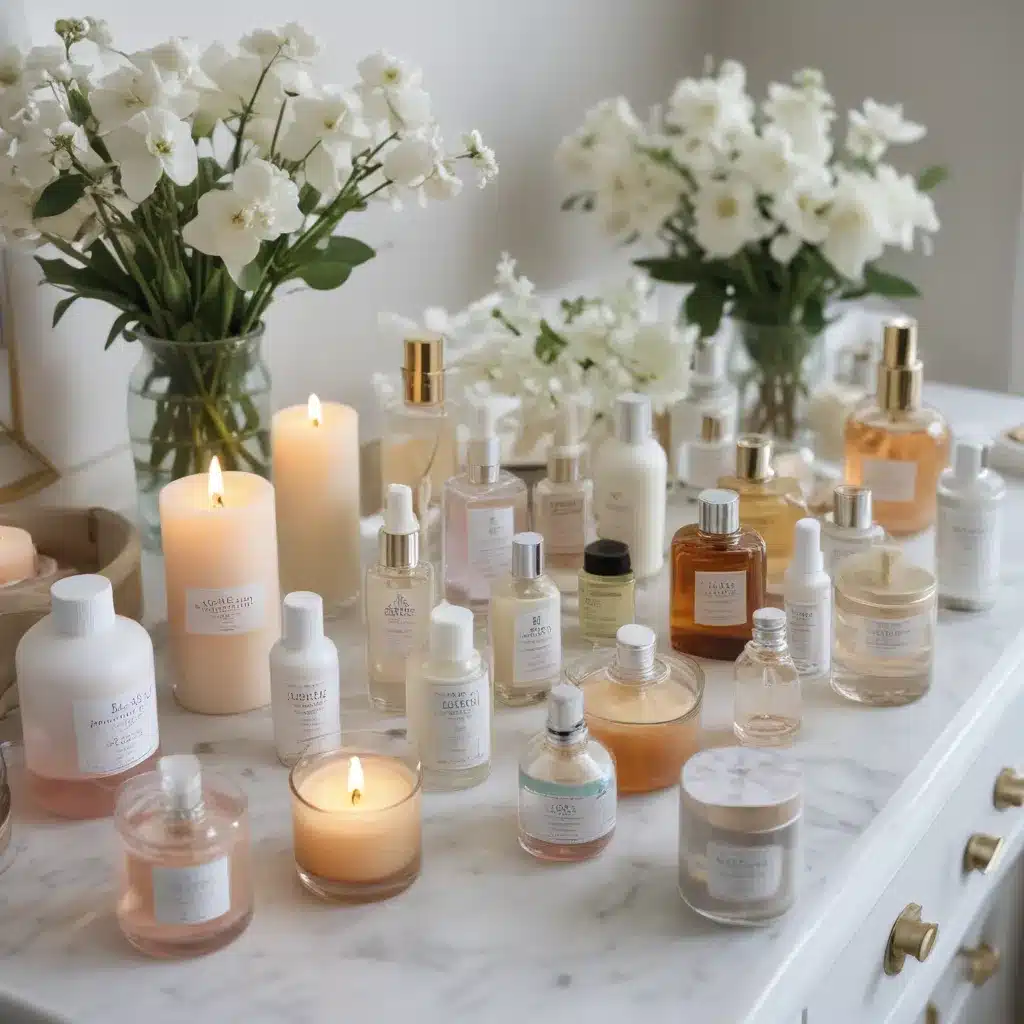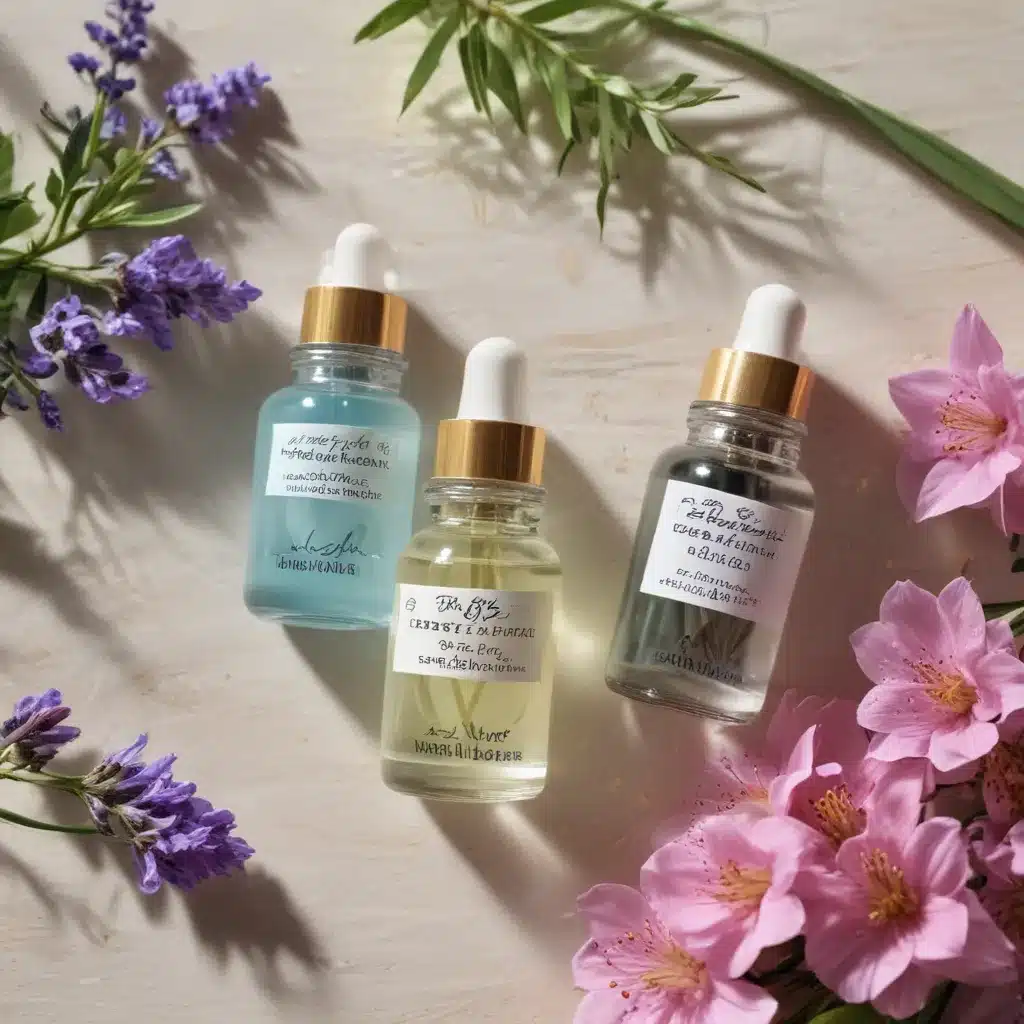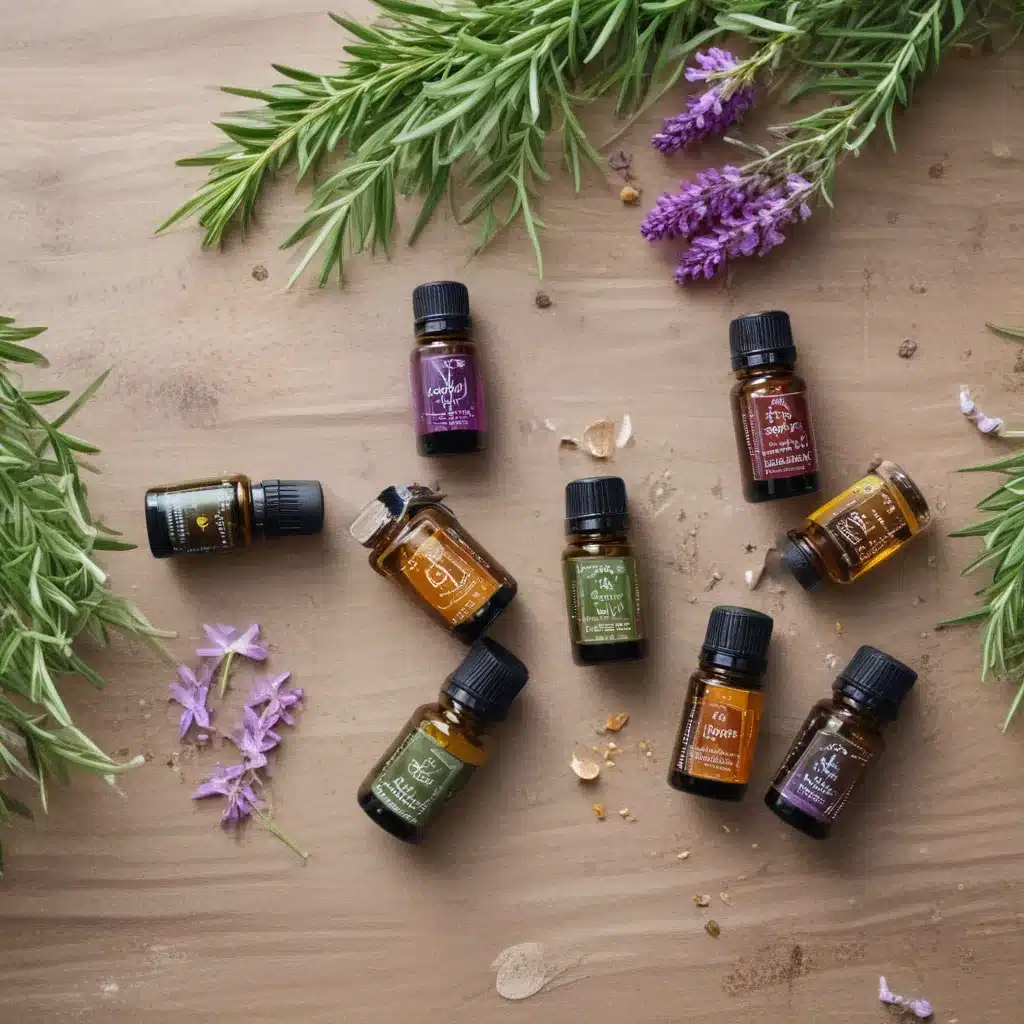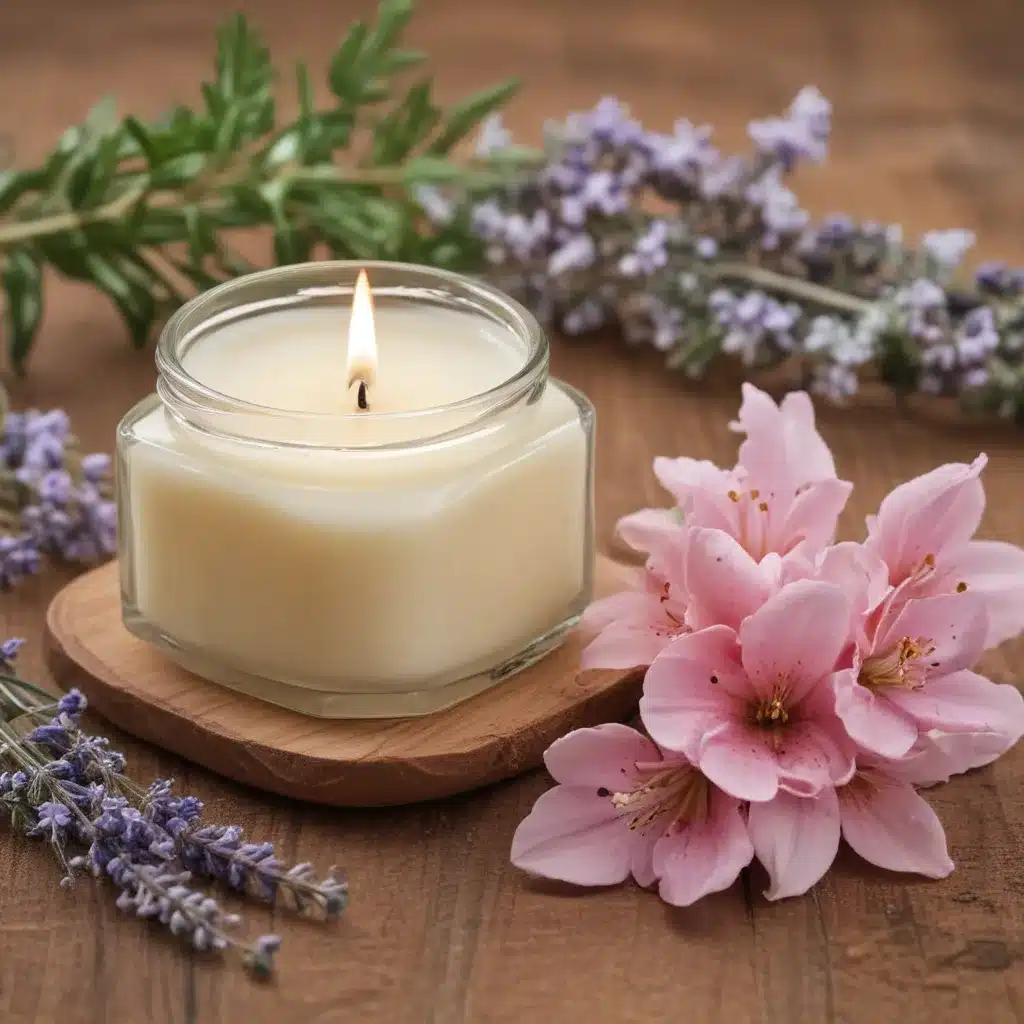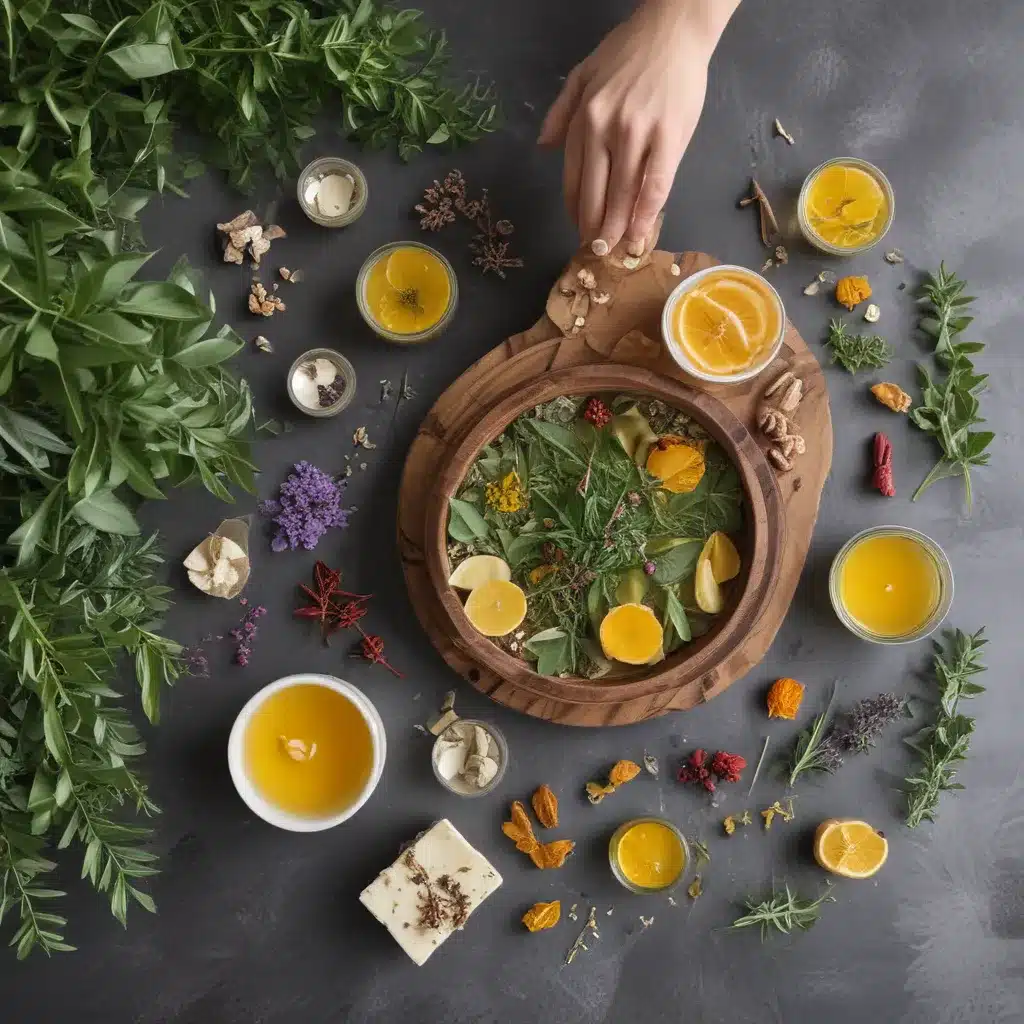
Exploring aromatherapy is like starting on a journey through a fragrant garden, each scent holding the potential to enhance our well-being. The subtle yet profound impact of essential oils on our holistic health is worth considering in today’s fast-paced world. From stress relief to skincare, the applications of aromatherapy are diverse and intriguing. Understanding how different scents can influence our mood and overall health is just the beginning; there are numerous ways to incorporate aromatherapy into our daily routines for a more balanced and mindful lifestyle.
Benefits of Aromatherapy
Exploring the benefits of aromatherapy has been a transformative journey for me, enhancing my overall well-being in ways I never expected. The aromatherapy benefits I have experienced go beyond just pleasant scents; they have had a profound impact on my mental and physical health. One of the most noticeable benefits is the way aromatherapy has helped me manage stress and anxiety. The calming scents of lavender or chamomile have become my go-to when I need to unwind after a long day or find a moment of peace amidst chaos.
Additionally, the applications of aromatherapy in my daily life have been diverse and effective. I have incorporated essential oils into my skincare routine, creating natural and personalized products that not only nourish my skin but also uplift my mood. Diffusing oils like peppermint or eucalyptus has helped me combat headaches and improve my focus while working from home. Even simple practices like adding a few drops of citrus oils to my laundry have brought a invigorating scent to my clothes, making mundane tasks more enjoyable.
Understanding Essential Oils
Understanding essential oils is critical for maximizing the benefits of aromatherapy in your health routine. Here are four essential points to enhance your knowledge:
-
Therapeutic Properties: Essential oils are renowned for their therapeutic properties, which can range from calming effects to uplifting moods. Each oil has unique benefits, so understanding these properties to tailor your aromatherapy practice to your specific needs is crucial.
-
Extraction Methods: The way essential oils are extracted can impact their quality and efficacy. Methods like steam distillation, cold pressing, or solvent extraction influence the purity and potency of the oil. Knowing how oils are extracted can help you choose high-quality products for best results.
-
Fragrance Blending: Aromatherapy often involves blending different essential oils to create harmonious scents that promote overall well-being. Understanding which oils complement each other and how to create balanced blends is key to maximizing the aromatic experience.
-
Aromatic Compounds: Essential oils contain aromatic compounds that contribute to their distinct scents and therapeutic effects. These compounds interact with our olfactory system and can influence our emotions, memory, and overall health. By delving into the science behind these aromatic compounds, you can better appreciate the power of essential oils in aromatherapy.
Choosing the Right Scents
To make the most of aromatherapy in your health routine, selecting the appropriate scents plays an essential role in enhancing the overall experience and benefits. Scent selection is a personal journey, as each aroma can evoke different emotions and reactions within us. When choosing the right scents for your aromatherapy practice, it’s important to take into account your preferences, needs, and the desired effects you wish to achieve.
Aromatherapy combinations can be created by blending different essential oils to enhance their individual benefits or create a unique aroma. Some popular combinations include lavender and chamomile for relaxation, peppermint and eucalyptus for invigoration, or lemon and rosemary for focus and concentration. Experimenting with various combinations can help you find the perfect scent blend that resonates with you.
When selecting scents for aromatherapy, it’s also critical to take into account any sensitivities or allergies you may have. It’s recommended to perform a patch test before using a new essential oil to make sure that it doesn’t cause any adverse reactions. Additionally, choosing high-quality, pure essential oils sourced from reputable suppliers will make sure that you experience the full therapeutic benefits of aromatherapy.
Aromatherapy for Stress Relief
Aromatherapy offers a natural and effective way to alleviate stress and promote relaxation through the use of aromatic essential oils. When it comes to incorporating aromatherapy into your routine for stress relief, choosing the right scents that can help you unwind and find calm amidst the chaos of daily life is crucial.
Here are four ways aromatherapy can help with stress relief and enhance your overall well-being:
-
Aromatherapy for Productivity: Certain essential oils like peppermint and rosemary can boost focus and concentration, helping you stay productive during stressful times.
-
Aromatherapy for Stress Relief: Lavender and chamomile are known for their calming properties, which can help reduce anxiety and promote relaxation when you’re feeling overwhelmed.
-
Aromatherapy for Relaxation: Scents like ylang-ylang and bergamot can create a peaceful atmosphere, encouraging deep relaxation and easing tension in both the mind and body.
-
Aromatherapy for Focus: Citrus oils such as lemon and orange can uplift your mood and improve mental clarity, making it easier to stay focused and attentive when stress tries to cloud your mind.
Incorporating aromatherapy into your daily routine can be a simple yet powerful way to manage stress and cultivate a sense of peace and balance in your life.
Enhancing Sleep Quality
When it comes to improving sleep quality, incorporating calming scents like lavender or chamomile can work wonders. I find that using relaxing essential oils such as cedarwood or bergamot in a diffuser before bedtime helps create a tranquil atmosphere. Aromatherapy diffusers designed specifically for sleep can be a great addition to your nighttime routine for a more restful slumber.
Calming Scents for Bedtime
Incorporating soothing scents like lavender or chamomile into your bedtime routine can greatly enhance the quality of your sleep. These calming aromas signal your brain that it’s time to unwind and prepare for rest. Here are four calming scents to help you relax before bedtime:
- Lavender: Known for its calming properties, lavender can promote relaxation and improve sleep quality.
- Chamomile: This gentle scent is perfect for easing stress and anxiety, helping you drift off peacefully.
- Sandalwood: With its woody aroma, sandalwood can create a serene atmosphere, ideal for a tranquil night’s sleep.
- Ylang Ylang: This exotic scent can reduce tension and promote a sense of tranquility, aiding in a restful night’s sleep.
Relaxing Essential Oils
Enhancing the quality of sleep can be effectively achieved through the use of relaxing essential oils. Calming blends like lavender, chamomile, and sandalwood are known for their soothing properties, helping to create a tranquil environment perfect for unwinding before bedtime. By incorporating these oils into relaxation techniques such as gentle massage or adding a few drops to a warm bath, you can signal to your body that it’s time to relax and prepare for restful sleep. The subtle aroma of these essential oils can help calm racing thoughts and promote a sense of tranquility, making it easier to drift off into a peaceful slumber. Prioritizing relaxation with these oils can greatly improve your overall sleep quality.
Aromatherapy Diffusers for Sleep
To enhance the quality of sleep, utilizing aromatherapy diffusers can be a beneficial and soothing addition to your nightly routine. When it comes to improving sleep through aromatherapy, consider the following:
- Aromatherapy Blends: Choose calming blends like lavender, chamomile, or cedarwood to promote relaxation before bedtime.
- Sleep Benefits: Aromatherapy can help reduce stress and anxiety, leading to a more restful night’s sleep.
- Diffuser Placement: Position the diffuser close to your bed but out of guarantee to you benefit from the essential oils throughout the night.
- Consistent Use: Incorporate aromatherapy into your bedtime routine consistently to signal to your body that it’s time to unwind and prepare for rest.
Improving Mental Clarity
Aromatherapy can play a major role in sharpening my focus and mental clarity throughout the day. When seeking cognitive enhancement, mental focus, and aiming for clarity and alertness, certain essential oils can be incredibly beneficial. I find that incorporating aromatherapy into my daily routine helps me maintain a clear mind and stay alert, especially during busy or demanding times.
In my experience, some essential oils are particularly effective in enhancing mental clarity. I have found that peppermint oil is excellent for boosting alertness and focus, perfect for those moments when my mind starts to wander. Additionally, rosemary oil has been a go-to for promoting cognitive function and clarity during tasks that require deep concentration. These oils, when used in the right way, can have a major impact on my mental state and overall productivity.
| Essential Oil | Benefits |
|---|---|
| Peppermint | Boosts alertness and focus |
| Rosemary | Promotes cognitive function |
Boosting Immunity Naturally
I’ll be highlighting the importance of supporting our immune system naturally and enhancing our body’s defense mechanisms in this section. It’s essential to explore how aromatherapy can play a role in boosting immunity and promoting overall well-being. Let’s explore the various ways aromatherapy can positively impact our immune health.
Immune System Support
Boosting your immunity naturally can be achieved through the use of specific essential oils and aromatherapy practices. When looking to support your immune system holistically, incorporating aromatherapy into your routine can be beneficial. Here are four ways to naturally boost immunity using aromatherapy:
-
Eucalyptus Oil: Known for its immune-boosting properties, eucalyptus oil can help clear sinuses and support respiratory health.
-
Lemon Oil: Rich in antioxidants, lemon oil can aid in detoxifying the body and strengthening the immune system.
-
Tea Tree Oil: With its antimicrobial properties, tea tree oil can help fight off infections and support overall immune health.
-
Lavender Oil: Known for its calming effects, lavender oil can reduce stress levels, which in turn can positively impact the immune system.
Natural Defense Mechanisms
Supporting the body’s natural defense mechanisms through holistic practices can greatly enhance overall health and well-being. When it comes to boosting immunity naturally, incorporating immune support and natural remedies into your routine can be highly beneficial. Here are some simple ways to help strengthen your immune system:
| Natural Defense Mechanisms | Benefits | Examples |
|---|---|---|
| Balanced Diet | Provides essential nutrients | Fruits, vegetables, nuts |
| Regular Exercise | Improves overall health | Yoga, walking, swimming |
| Sufficient Rest | Supports immune function | Quality sleep, relaxation techniques |
Balancing Emotions With Aromatherapy
Balancing emotions through aromatherapy involves selecting essential oils that resonate with your emotional needs and incorporating them into your daily routine for best well-being. As someone who values emotional balance, I have found that using aromatic blends tailored to my feelings has been a game-changer in my holistic health journey. Here are four key points to take into account when balancing emotions with aromatherapy:
-
Identifying Emotional Needs: Reflect on your emotions and determine what you need support with. Are you feeling stressed, anxious, or in need of relaxation? Identifying your emotional state can guide you in selecting the right essential oils.
-
Choosing the Right Essential Oils: Research essential oils known for their calming, uplifting, or grounding properties. For example, lavender is great for relaxation, while citrus oils like bergamot can uplift your mood.
-
Incorporating Aromatherapy Into Daily Routine: Integrate aromatherapy into your daily life by using a diffuser, creating personal inhalers, or adding a few drops to your bath. Consistency is key in reaping the benefits.
-
Mindful Practice: When using aromatherapy for emotional balance, take a moment to focus on your senses. Inhale the aroma deeply, be present in the moment, and allow the essential oils to work their magic on your emotions.
DIY Aromatherapy Blends
When creating DIY aromatherapy blends, the focus is on combining essential oils to address specific wellness needs effectively. Customized blends allow me to tailor the aromatherapy recipes to my preferences and desired outcomes, whether it’s relaxation, focus, or energy. Experimenting with different combinations can lead to discovering potent blends that work best for my holistic health routine. Below is a table showcasing some basic essential oils and their benefits to help you get started on your aromatherapy journey:
| Essential Oil | Benefits | Scent Profile |
|---|---|---|
| Lavender | Relaxation, Sleep | Floral |
| Peppermint | Focus, Energy | Minty |
| Eucalyptus | Respiratory Relief | Fresh, Camphor |
| Lemon | Uplifting, Clarity | Citrusy |
These essential oils are versatile and can be blended in various combinations to create customized blends that cater to your specific needs. For example, a blend of lavender and eucalyptus can promote relaxation while supporting respiratory health. Peppermint and lemon can be combined for an invigorating and extbf{rejuvenating} blend that enhances focus and uplifts the mood. By experimenting with different aromas and their benefits, you can create unique aromatherapy blends that enhance your overall well-being.
Aromatherapy for Pain Management
When it comes to managing pain, essential oils can be a valuable tool. They offer a natural way to alleviate discomfort and promote relaxation. By exploring inhalation benefits and specific essential oils, you can find relief that complements your health routine.
Essential Oils for Pain
Exploring the soothing potential of essential oils in managing pain can offer a natural and holistic approach to enhancing well-being. When it comes to using essential oils for pain relief, here are some effective strategies to explore:
- Topical Applications: Applying essential oils directly to the skin through massage can target specific areas of discomfort.
- Combining with Heat Therapy: Enhance the pain-relieving effects by combining essential oils with heat therapy methods like warm compresses or heating pads.
- Muscle Relaxation: Certain essential oils possess muscle-relaxing properties that can help alleviate tension and soreness.
- Custom Blends: Experiment with creating custom essential oil blends tailored to your unique pain management needs for personalized relief.
Inhalation Benefits for Pain
Inhaling essential oils can provide effective relief for pain, offering a natural and soothing approach to managing discomfort. When using inhalation techniques like diffusers or steam inhalation, the aromatic molecules from the oils can enter the bloodstream through the lungs, providing quick pain relief. Aromatherapy blends specifically designed for pain relief can target inflammation, relax muscles, and calm the mind, contributing to overall well-being. Additionally, inhaling these blends can also promote respiratory health by clearing congestion and improving breathing. Incorporating inhalation methods into your holistic health routine can be a simple yet powerful way to alleviate pain naturally and enhance your overall quality of life.
Incorporating Aromatherapy Into Yoga
Incorporating aromatherapy oils into my yoga practice has enhanced my overall wellness and deepened my mind-body connection. The synergy between yoga benefits and aromatherapy practices has transformed my practice into a holistic experience that nurtures both my body and mind.
Markdown List:
- Enhanced Focus: The use of invigorating scents like peppermint or rosemary during yoga helps me stay present and focused throughout my practice.
- Deeper Relaxation: Lavender or chamomile essential oils create a calming atmosphere, allowing me to sink deeper into relaxation during restorative poses.
- Emotional Release: Frankincense or bergamot oils assist me in releasing emotional tension and promoting a sense of inner peace during challenging poses.
- Energy Boost: Citrus scents such as orange or lemon uplift my mood and energy levels, making dynamic sequences more invigorating.
Integrating aromatherapy into my yoga routine has become a sacred ritual, where each breath is infused with healing aromas that elevate my practice to a new level of mindfulness and well-being. The subtle influence of scent adds a layer of depth to my yoga sessions, creating a harmonious blend of movement, breath, and aroma that resonates within me long after the practice ends.
Aromatherapy in Skincare Routine
I’ve found that incorporating aromatherapy into my skincare routine has brought about numerous benefits. Using essential oils specifically tailored for skin types can help address various skin concerns, such as acne or dryness. By exploring aromatherapy for skincare, you can enhance your daily routine with natural and aromatic solutions.
Benefits of Aromatherapy
Adding aromatherapy to your skincare routine can enhance the benefits of your daily regimen. Here are four ways aromatherapy can elevate your skincare routine:
- Healing properties: Essential oils like lavender and tea tree have soothing and healing properties that can help with skin inflammation and blemishes.
- Mood enhancement: Aromatherapy can uplift your mood and reduce stress levels, promoting overall well-being and skin health.
- Enhances relaxation: Incorporating calming scents like chamomile or rose can create a spa-like experience during your skincare routine, helping you unwind.
- Improves skin absorption: Certain essential oils can aid in better absorption of skincare products, maximizing their effectiveness and nourishing your skin deeply.
Essential Oils for Skin
To enhance your skincare routine, consider the benefits of incorporating specific essential oils for skin, which can bring added nourishment and benefits to your daily regimen. Essential oils like rosehip, frankincense, and lavender are known for their healing properties and anti-aging benefits. Rosehip oil is rich in vitamins and essential fatty acids, promoting skin regeneration and improving texture. Frankincense oil helps reduce the appearance of wrinkles and fine lines, while lavender oil soothes irritation and inflammation, promoting a clearer complexion. By incorporating these essential oils into your skincare routine, you can harness their natural properties to support healthy, youthful-looking skin. Experiment with different oils to find the ones that work best for your skin type and concerns.
Aromatherapy for Acne
Consider incorporating aromatherapy into your skincare routine to address acne concerns effectively and naturally. Aromatherapy offers various natural remedies that can provide significant skincare benefits for acne-prone skin. Here are four ways you can leverage aromatherapy in your acne-fighting regimen:
- Tea Tree Oil: Known for its antibacterial properties, it can help reduce acne-causing bacteria.
- Lavender Oil: Helps soothe irritated skin and reduce inflammation associated with acne.
- Rosehip Oil: Rich in antioxidants and vitamins, it can aid in skin regeneration and healing.
- Frankincense Oil: Known for its ability to promote healthy cell regeneration, it can help reduce acne scarring.
Integrating these essential oils into your skincare routine may offer a gentle and effective approach to managing acne.
Using Aromatherapy in Meditation
Using essential oils during meditation can enhance relaxation and deepen the practice. Mindfulness practices and scent therapy are often intertwined with the use of aromatherapy to create a more immersive and calming meditation experience.
When I meditate, I find that incorporating essential oils like lavender or frankincense helps me create a tranquil atmosphere. The gentle aroma fills the space around me, signaling to my mind that it’s time to relax and focus inward. This olfactory cue serves as a reminder to be present in the moment, enhancing my mindfulness practice.
The power of scent therapy during meditation lies in its ability to evoke emotions and memories, aiding in the release of tension and stress. The calming properties of certain essential oils can help center the mind and promote a sense of inner peace. As I breathe in the soothing scents, I feel a wave of relaxation wash over me, allowing me to explore further into my meditation practice.
Safety Precautions and Guidelines
Implementing safety precautions and guidelines when using essential oils for aromatherapy is crucial to guarantee a positive and risk-free experience. As someone who values their well-being, I understand the importance of taking necessary steps to ensure safe usage of essential oils. Here are some key points to keep in mind:
-
Proper Dilution: Essential oils are highly concentrated substances and should be diluted before applying to the skin to prevent irritation or adverse reactions. Always follow recommended dilution guidelines to enjoy the benefits of aromatherapy safely.
-
Inhalation: When inhaling essential oils, use diffusion methods like a diffuser or inhaler to disperse the aroma effectively. Avoid direct inhalation from the bottle or applying oils near the nose to prevent respiratory issues.
-
Allergy Testing: Before using a new essential oil, perform a patch test on a small area of skin to check for any allergic reactions or skin sensitivities. This simple step can help you avoid potential adverse effects.
-
Skin Sensitivity: Some essential oils can cause skin irritation or photosensitivity. Be mindful of any reactions such as redness, itching, or burning sensations when using essential oils topically, and discontinue use if any discomfort occurs.
Conclusion
To sum up, integrating aromatherapy into your holistic health routine can be a game changer. From reducing stress to improving sleep quality, essential oils have a wide range of benefits. So, why not give it a try and see how it can transform your well-being? Remember, when it comes to aromatherapy, the proof is in the pudding – or should I say, in the essential oils!


